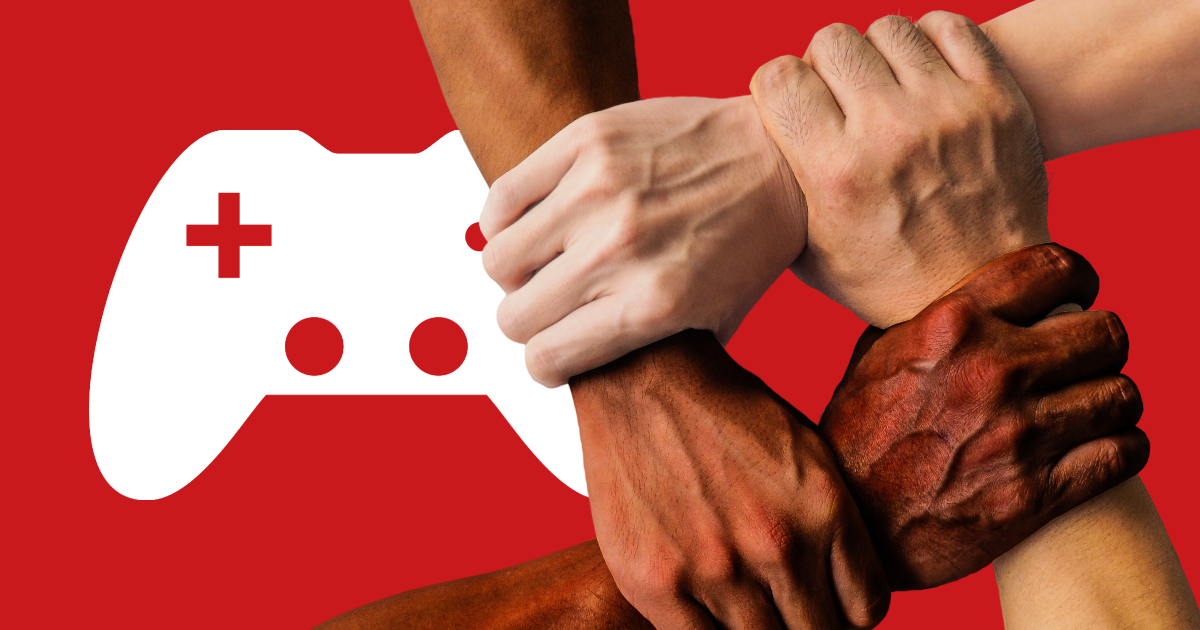The union movement has spread across the gaming industry, but it's far from a cure-all for the issues
The economic upheavals of recent years have not only forced top managers of gaming companies to continuously seek new ways to cut costs but have also negatively impacted regular employees. Unions are intended to protect developers' interests, but in their current form, they are unable to make a global impact on the situation.
To the industry's perennial issues like crunch and low pay for positions outside certain roles, growing risks of layoffs have been added. As a result, more developers feel unprotected. This is especially true in the U.S. and several other countries with less than ideal labor laws.
After the pandemic, employees of gaming companies began forming unions or joining existing ones in search of some semblance of protection. The mass layoffs in 2024 only highlighted the need to fight for their labor rights.
According to surveys by GDC and IGDA, more than 50% of developers today support unionization. Each group of active workers has its own reasons for joining such initiatives. Let's focus on the most high-profile and widespread examples.

